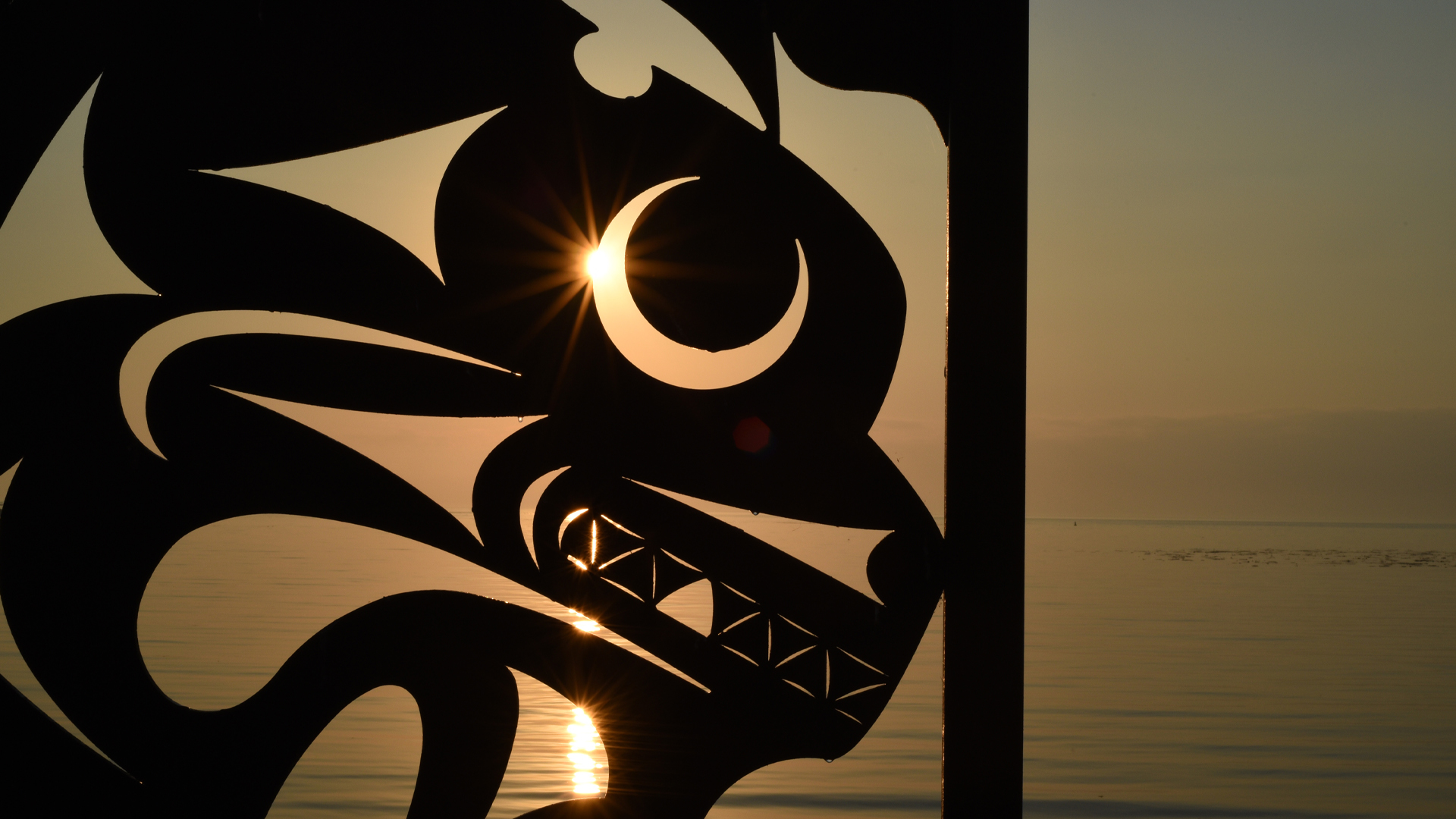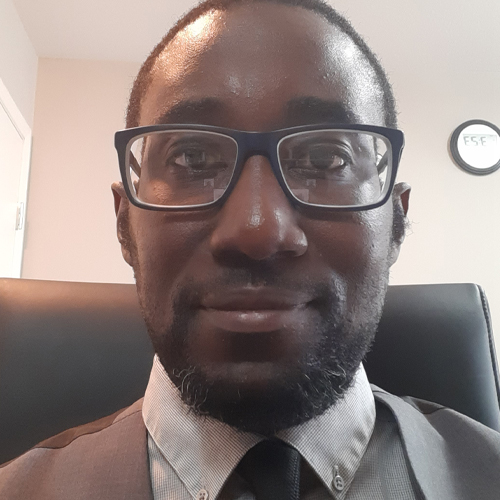
This article is based on a talk held at the University of Regina that is part of a series of nine delving into the theme of “What should be on Canada’s policy radar?“ The panel discussions are being held through this year to mark the 50th anniversary celebrations of the Institute for Research on Public Policy, publisher of Policy Options magazine. The discussion at the University of Regina focused on: What does the future of Indigenous governance look like? Panelists included: Kurtis Boyer, assistant professor in the Johnson Shoyama Graduate School of Public Policy, and Danette Starblanket, faculty lecturer and executive-in-residence at the Johnson Shoyama Graduate School of Public Policy. The moderator was Merelda Fiddler-Potter, faculty lecturer and executive-in-residence at the Johnson Shoyama Graduate School of Public Policy. A video recording of the panel discussion is also available.
Decolonizing systems means going back to what was valued before colonial contact. Colonial ideals are evident in Canada’s laws, institutions and social interactions. For Indigenous Peoples – First Nations, Métis and Inuit – colonizers have diminished their self-governance, created barriers to nation-building, and caused foreign practices to be adopted over time. Despite the negative colonial legacies endured by Indigenous Peoples, they can successfully build their nations through self-governance and Indigenous views of leadership.
Recommendations for Indigenous nation-building may include Indigenous Peoples defining their own rights, incorporating Indigenous traditions in governing systems and partnering with institutions to educate people on types of Indigenous governance.
“The foundation of this country is built on a bunch of fantasy stories that come from a monarchy across the ocean,” assistant professor Kurtis Boyer says.
When British settlers came to the land now known as Canada, First Nations Peoples of diverse backgrounds lived freely, thrived and governed themselves in sovereign ways that reflected Indigenous world views and traditions.
Canada’s “prove-it” approach to Aboriginal title
Ottawa must talk to Canadians about nation-to-nation agenda
How Canadian policies can enable Indigenous economic development
These fantasy stories, Boyer says, cast Indigenous Peoples as uncivilized. Why is this characterization of Indigenous Peoples important to highlight? Downgrading a group of people is typically a step toward taking away their rights, controlling their resources and determining what their future should look like.
The British based their claims to sovereignty on the narrative of Indigenous Peoples being uncivilized. Ultimately, settlers took over and managed everything that belonged to Indigenous Peoples: resources, the children and the land. It was the stealing of inherent rights, including the right to self-governance.
Later, the federal government developed the Indian Act to serve as a legal document to suppress the sovereign will of Indigenous Peoples. The Indian Act created opportunities to diminish Indigenous cultures, change how leadership was viewed in Indigenous communities and stall nation-building among Indigenous Peoples.
As English and French became official languages, Indigenous languages such as Cree and Ojibwe were pushed to the background. In other words, as Indigenous Peoples were forced to speak English and French, their traditional languages were spoken less. Also, prior to contact with British and French settlers, the voices of women and elders had been amplified and valued highly. The Indian Act caused these voices to be valued less as federal representatives engaged mostly with Indigenous men.
The policies of Canadian settler governments have led to many gaps in Indigenous nation-building. The damage has been done. But there is hope for a brighter future if Indigenous Peoples can lead the creation of self-governments that reflect their values and enhance their vision of successful nation-building.
First, Indigenous Peoples can build their nations successfully by defining their own rights. Canada needs to advance its recognition of Métis membership rights, Boyer says. Despite not having a land base, Métis people can create better policies and programs for themselves as they continue to develop their membership structure.
How the federal government described Indigenous rights in the Indian Act is a misconception. Indigenous rights are inherent and cease to exist only when one dies, faculty lecturer Danette Starblanket notes. The right to land, to fish, hunt and gather, and to self-government is necessary for nation-building.
Also, Indigenous self-governance should include Indigenous traditions in governing systems. The contemporary image of a man in a headdress does not reflect the true leaders of Indigenous communities prior to the Indian Act, Starblanket argues. Traditional Indigenous governing systems included the voices of women, elders and children. An ideal self-governance system includes more power for women to select leaders, more transparency and accountability in choosing leaders, sacred teachings (such as the seven grandfather teachings) and traditional values of maintaining kinship and languages.
Finally, successful nation-building will involve partnerships with universities and other governments.
By partnering with universities such as the University of Regina, elders and knowledge-keepers from Indigenous communities can share with students and the public important principles of pre-colonial Indigenous governance. This knowledge can also be documented in academic textbooks as part of school curriculums. This kind of partnership will help all Canadians appreciate the need for Indigenous self-governance and work collectively to make it a reality.
It’s time for a Recognition of Wrongs framework
The breathtaking hypocrisy of the howls of “rule of law”
Shifting the relationship between provinces and First Nations to a diplomatic focus
The Wolastoqey title claim in N.B., a centuries-old issue and the honourable solution
Partnerships with provincial and federal governments as well as other Indigenous communities will continue to be important. Take the area of public safety, for example. There are more than 70 First Nations in Saskatchewan alone. If these communities decide they want to establish their own police forces, for example, how will that work? Will there be 74 separate police forces? How will they work with the existing RCMP forces? Who will fund them? These are the kinds of challenges that will have to be considered, Starblanket says.
Colonial legacies have indeed cost Indigenous Peoples many of their resources and values, including their right to self-governance. By taking a focused approach to define Indigenous rights, to include Indigenous principles in governing systems, and to partner with other governments, the pathway toward successful nation-building will become clearer.
For Canada to thrive as a nation, all peoples and nations within Canada need to forge ahead together without leaving anyone behind. For far too long, Indigenous Peoples have been oppressed, with the Indian Act being one of the main tools used. We can all play a part in promoting and advocating for Indigenous nation-building through self-governance. We can do this through writing articles, discussing better policies with elected officials, and increasing awareness in universities and the media.
This article is part of What Should Be on Canada’s Policy Radar? special feature series.












